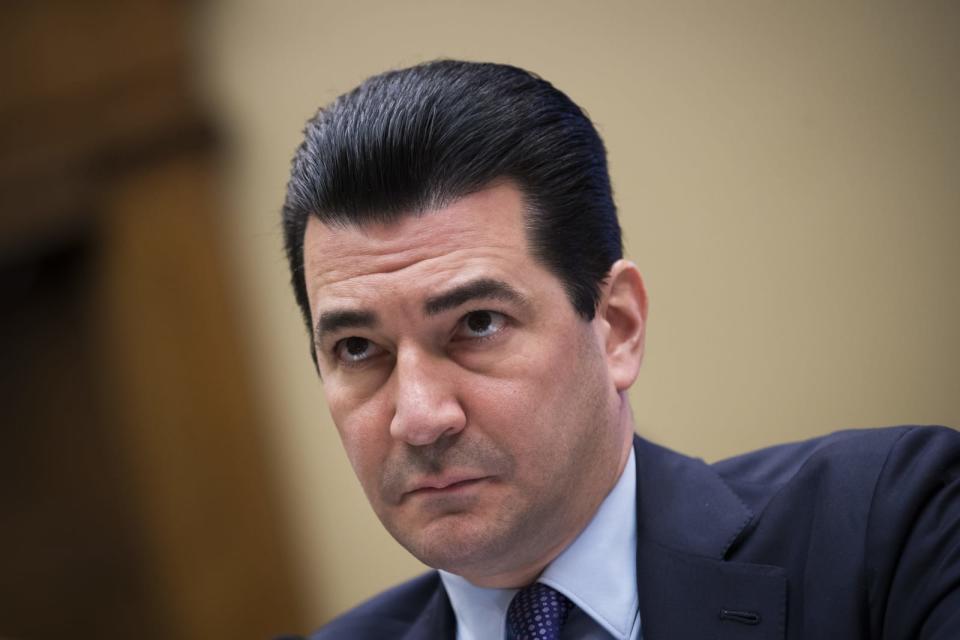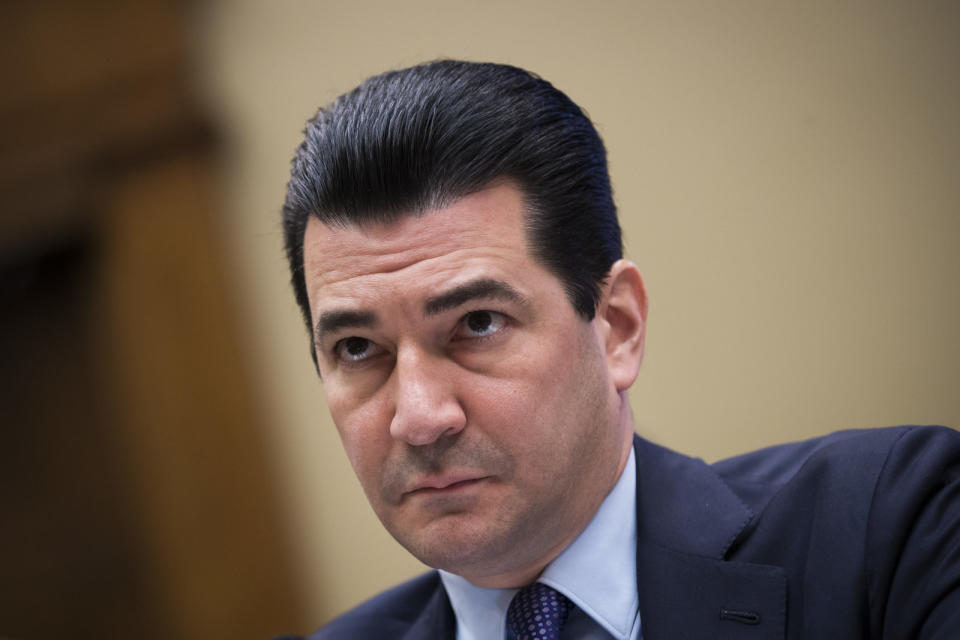FDA wants Facebook and Twitter to crack down on opioid sales
It also wants tech executives to attend a summit to discuss the issue.
In a speech given yesterday at the National Rx Drug Abuse and Heroin Summit, FDA Commissioner Scott Gottlieb announced that the agency would be inviting a number of internet company CEOs to a summit that will host discussions on potential solutions to the tech industry's role in the US opioid crisis. Gottlieb says that the FDA has found offers to purchase opioids and other drugs on Twitter, Facebook, Instagram, Reddit, Google, Yahoo and Bing. He added that in a report from the US Senate Permanent Subcommittee on Investigations, investigators found that "'it was easy to find fentanyl advertised online,' pay for it using cryptocurrency or credit cards and have it shipped to anywhere in the United States through international mail."
Gottlieb said that he and the FDA were concerned about the role social media companies, ISPs and others were playing in the sale of opioids online. "Internet firms simply aren't taking practical steps to find and remove these illegal opioid listings," he said. "There's ample evidence of narcotics being advertised and sold online. I know that internet firms are reluctant to cross a threshold, where they could find themselves taking on a broader policing role. But these are insidious threats being propagated on these web platforms."
At the proposed summit, a date for which hasn't been set, the FDA plans to bring together tech executives, academics and advocacy groups, who will discuss current gaps in technology and possible solutions to the problem. The FDA will also ask participating companies to agree to meet again after a year to review their progress. "We need to work together on shared solutions to address the problem of opioids marketing in the online space, and we need internet media companies to be our partners in this effort, taking on more social responsibility for implementing those solutions," said Gottlieb.
Companies like Twitter and Facebook have responded to government pressure in the past. Gottlieb noted that ISPs and social media companies cracked down on the sale of child pornography "when they've been forced to." And after President Obama pushed Facebook to halt person-to-person gun and ammo sales, the company changed its community standards to effectively ban the practice. Though the company's enforcement of that policy hasn't always been very consistent.



